Kohlberg's Lifespan Theory: Stages, Evaluation and Importance
VerifiedAdded on 2023/06/10
|9
|617
|290
Essay
AI Summary
This essay provides an overview of Lawrence Kohlberg's lifespan theory of moral development, which spans from infancy to adulthood. The theory is divided into three main stages: preconventional morality (infancy and childhood), conventional morality (teenage and early adulthood), and postconventional morality (adulthood and old age). Each stage is further broken down into substages that reflect the individual's moral reasoning and decision-making processes. The essay evaluates the importance of Kohlberg's theory in the emergence of moral psychology and its influence on moral reasoning and behavior across different life stages. It concludes that Kohlberg's theory is valuable for understanding the development of moral behavior and decision-making throughout the lifespan.
1 out of 9
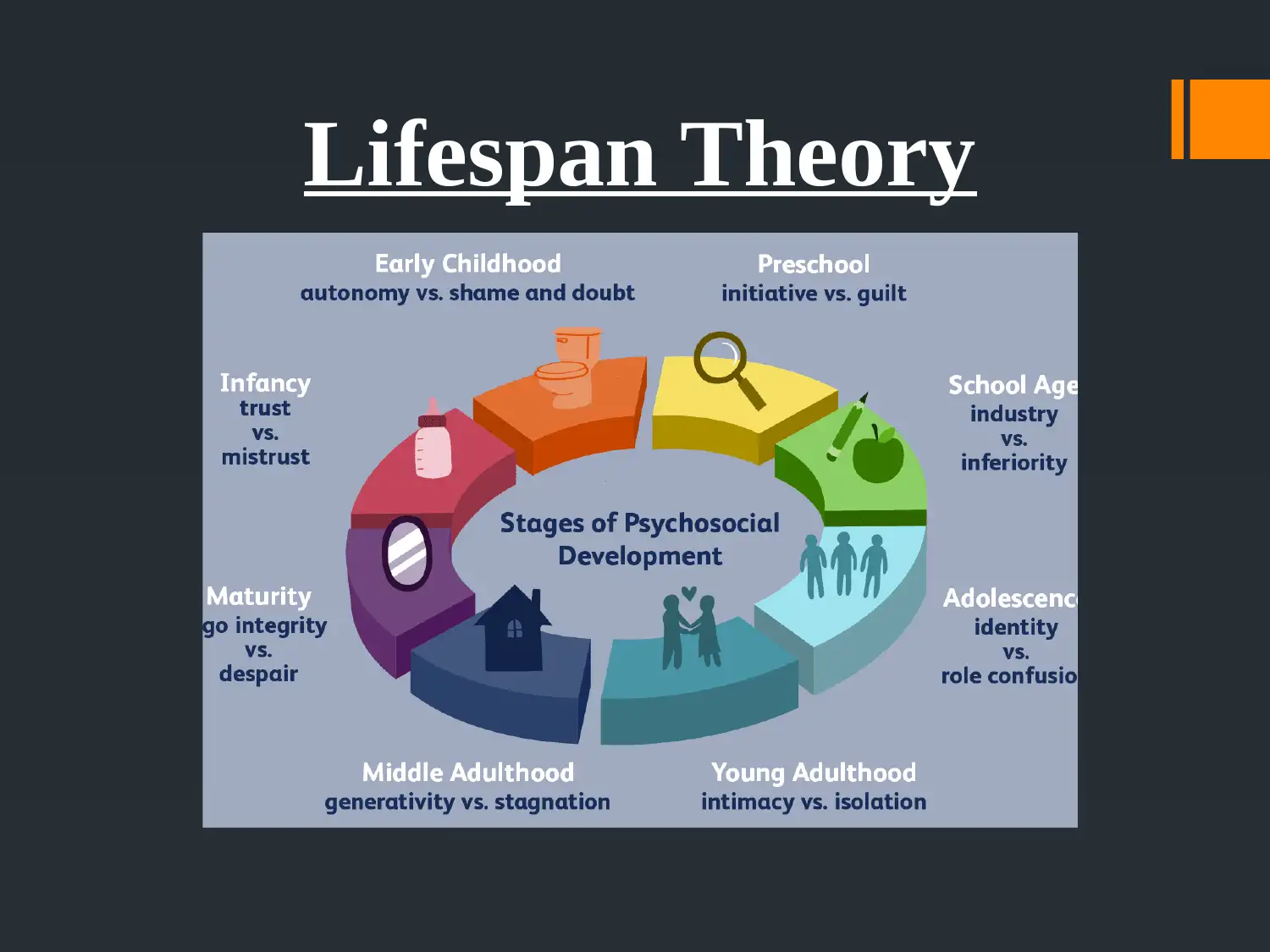
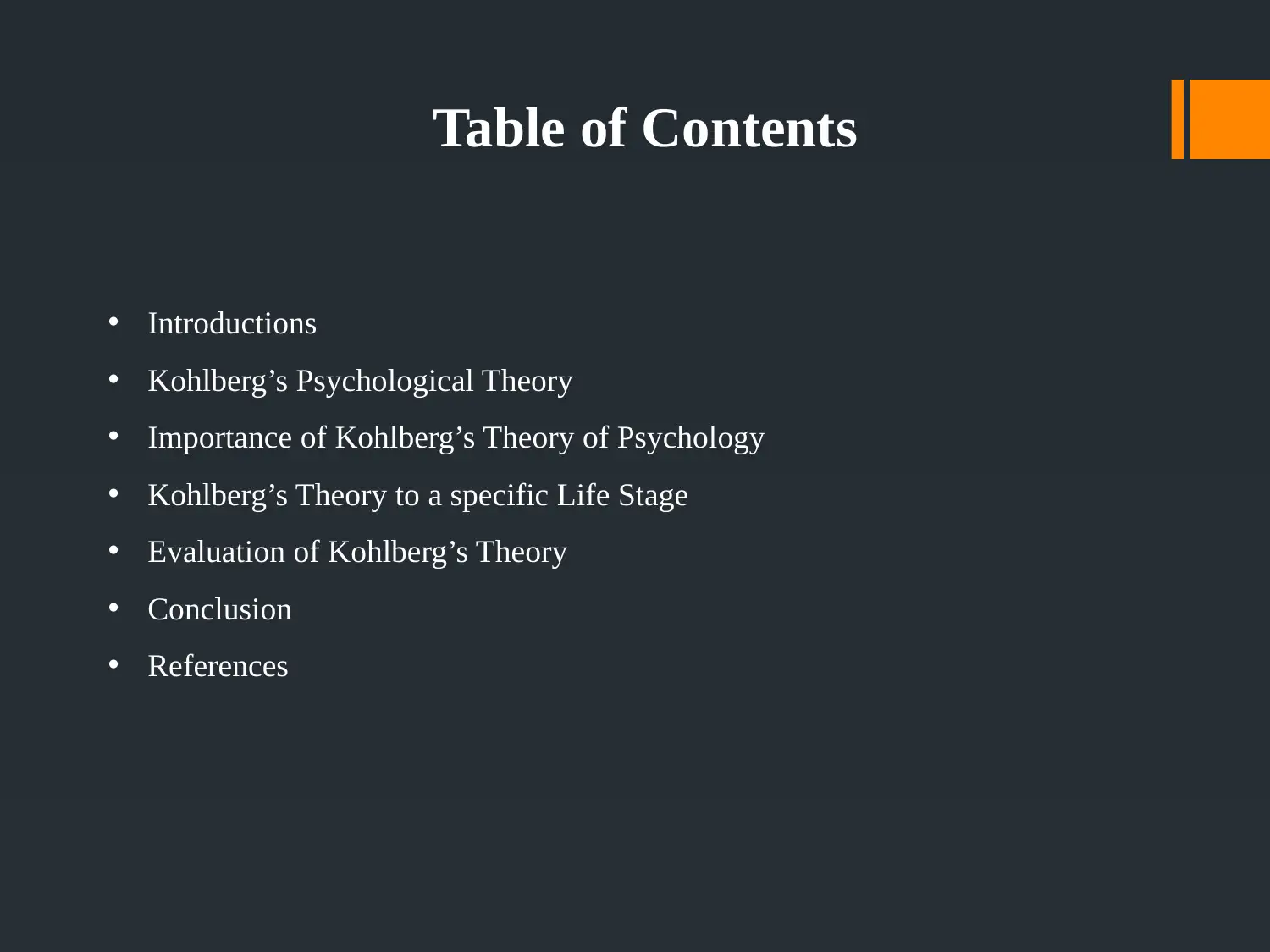
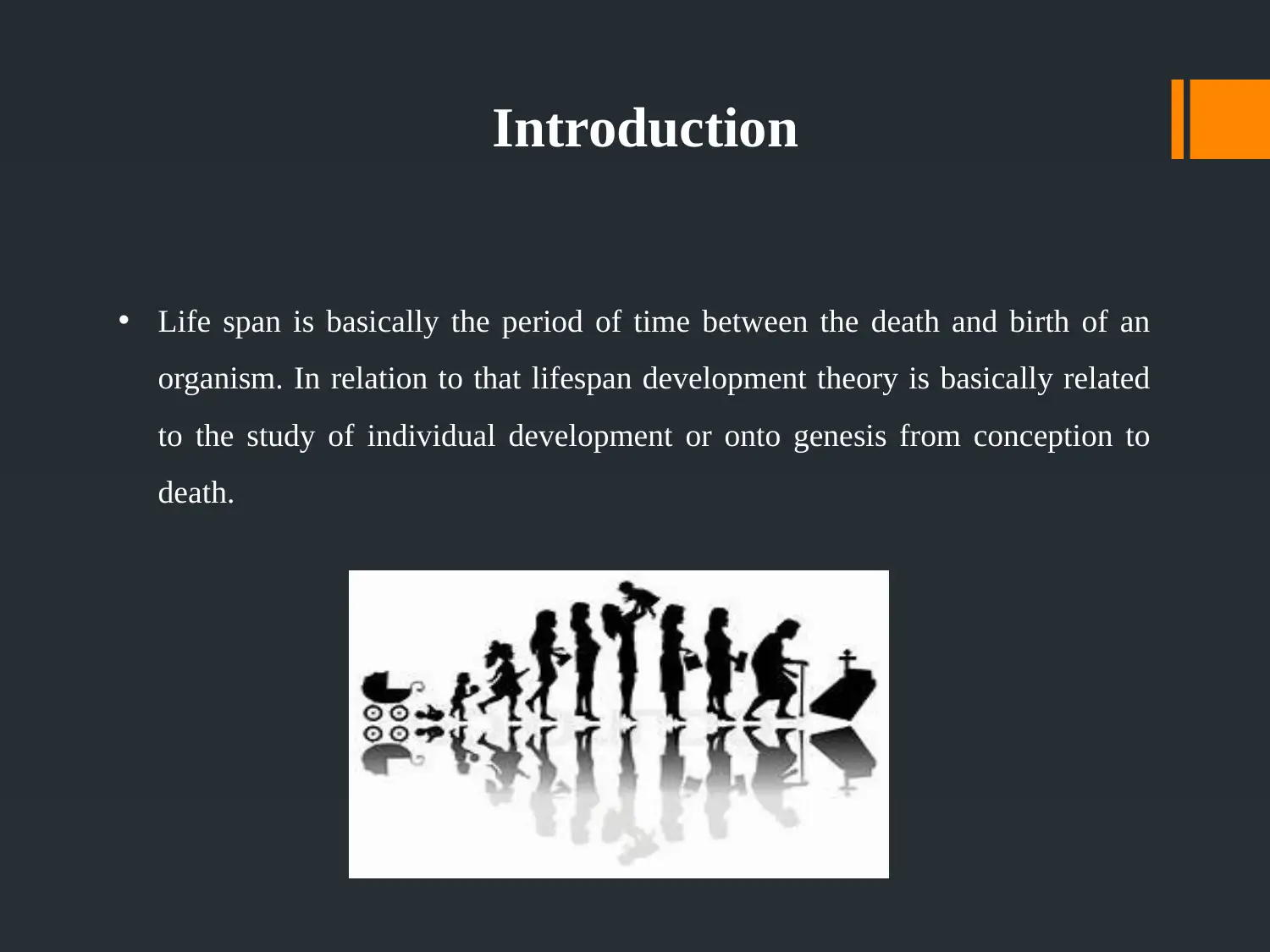

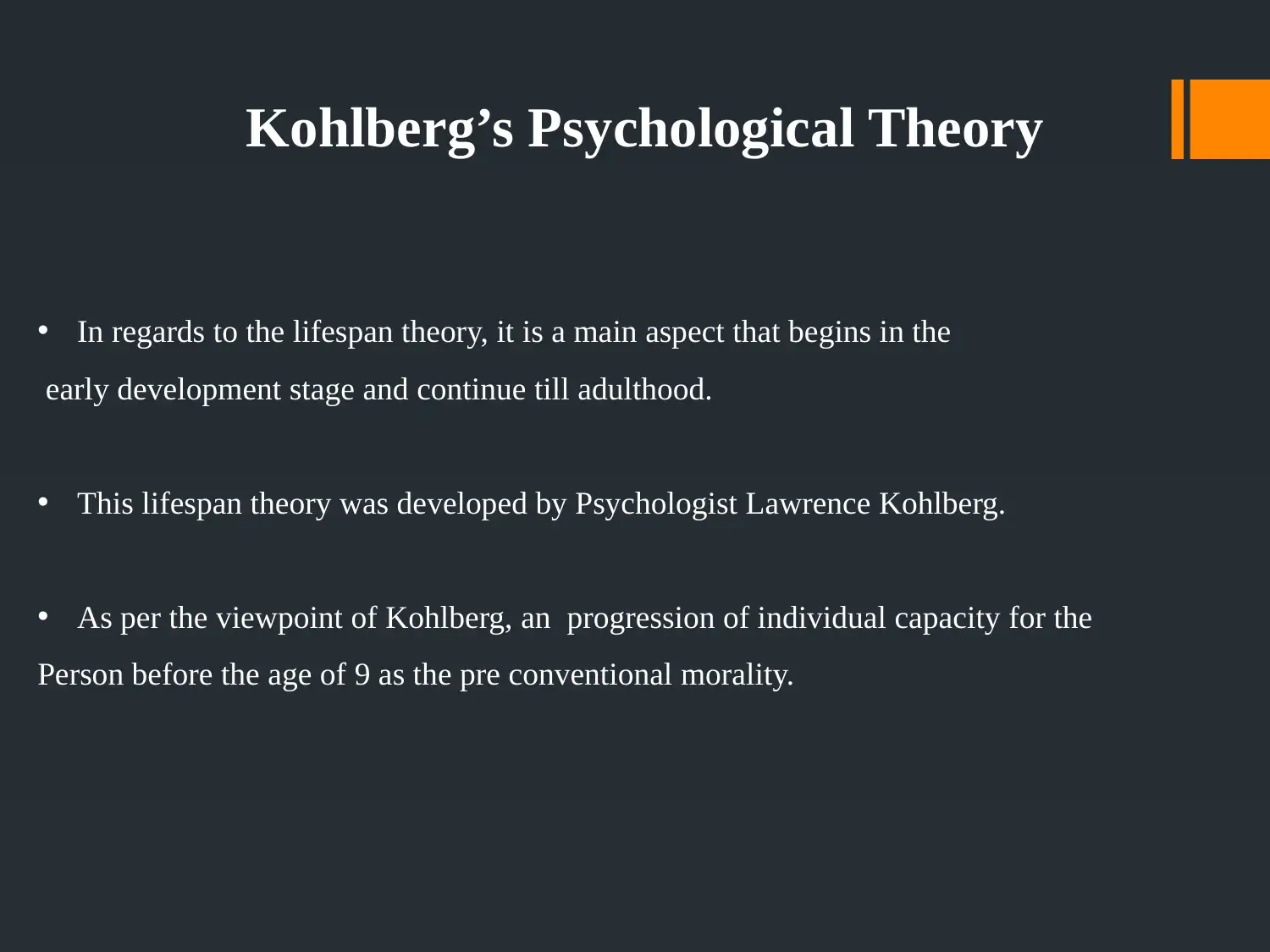
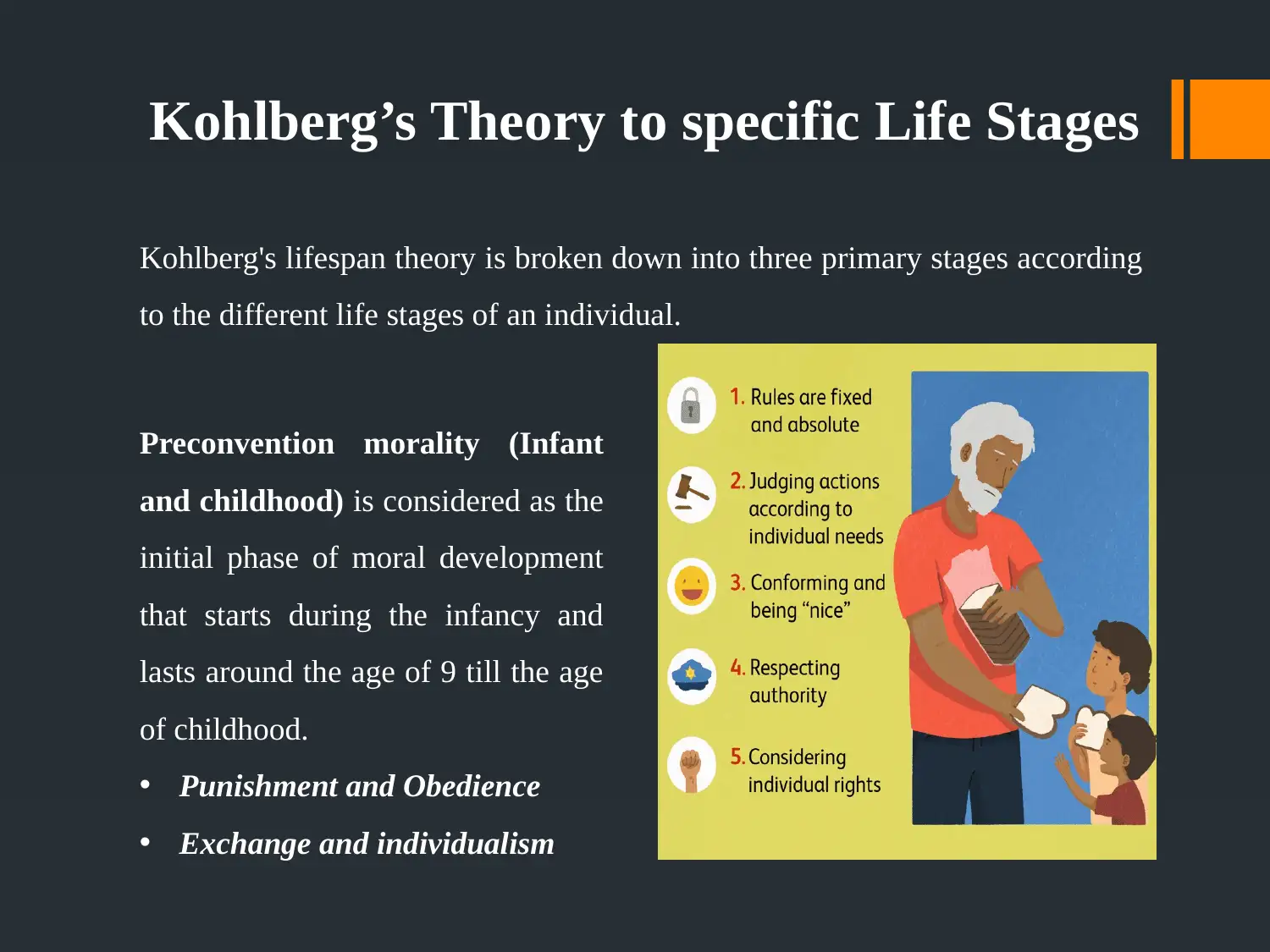
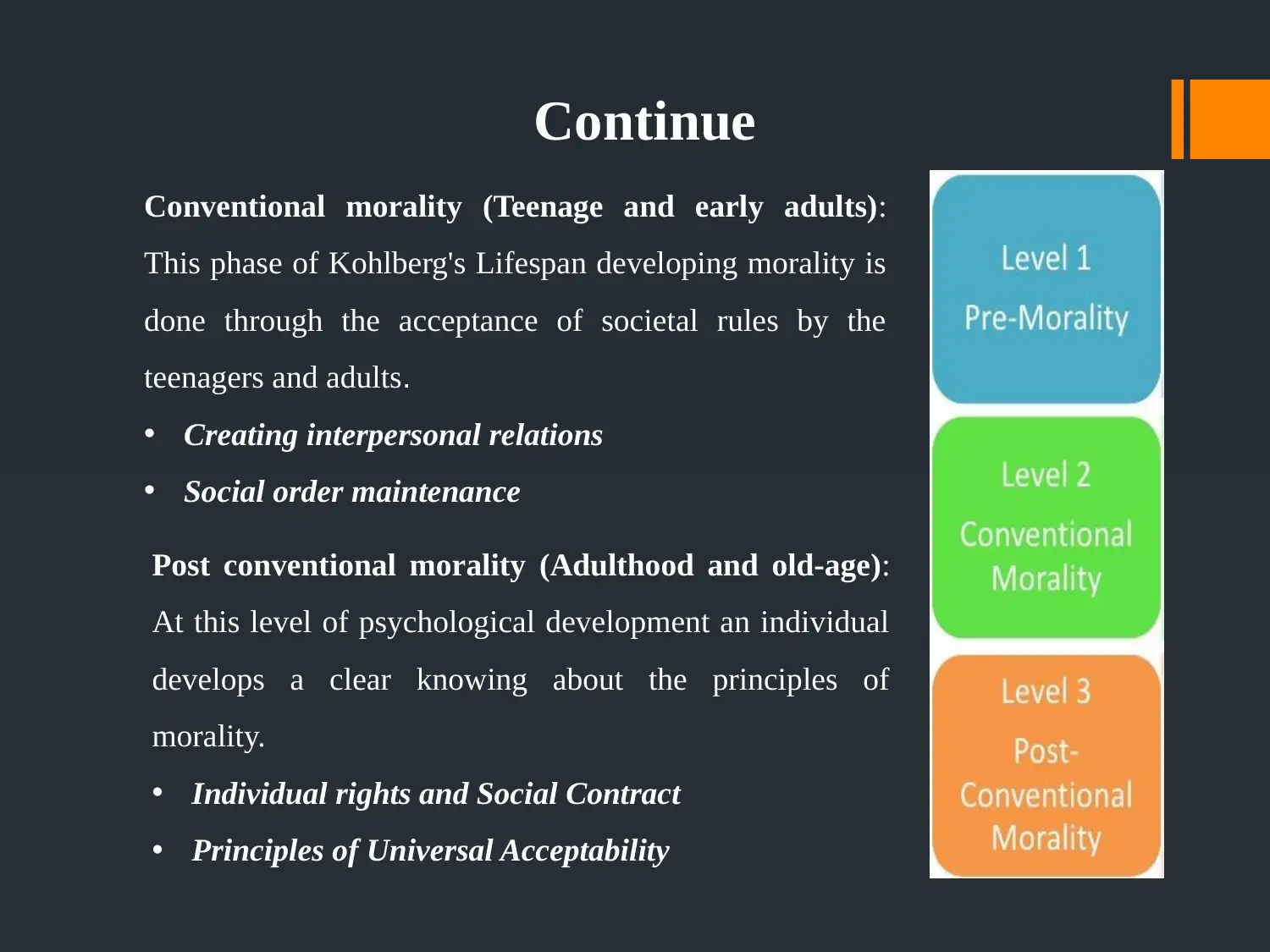
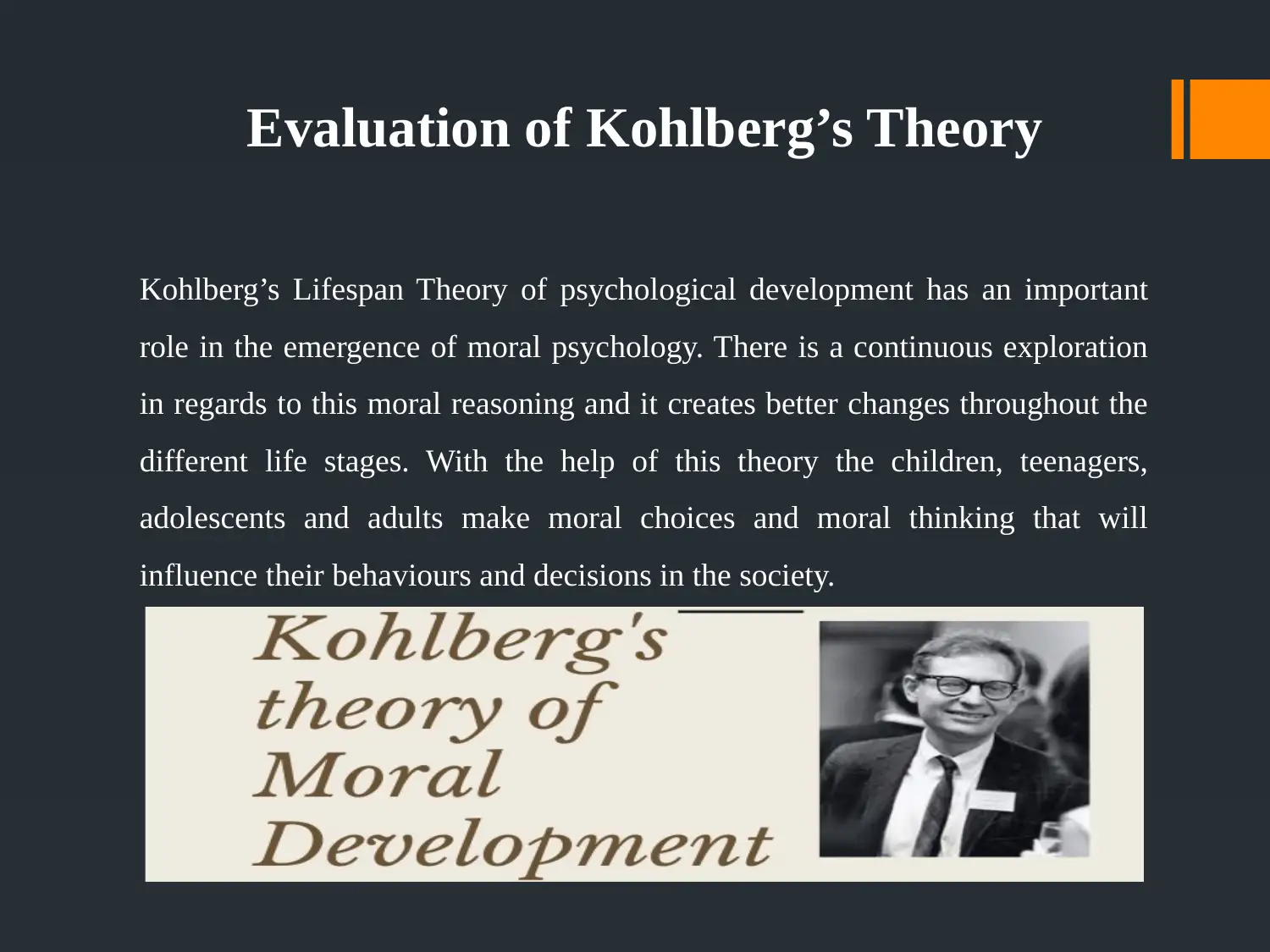
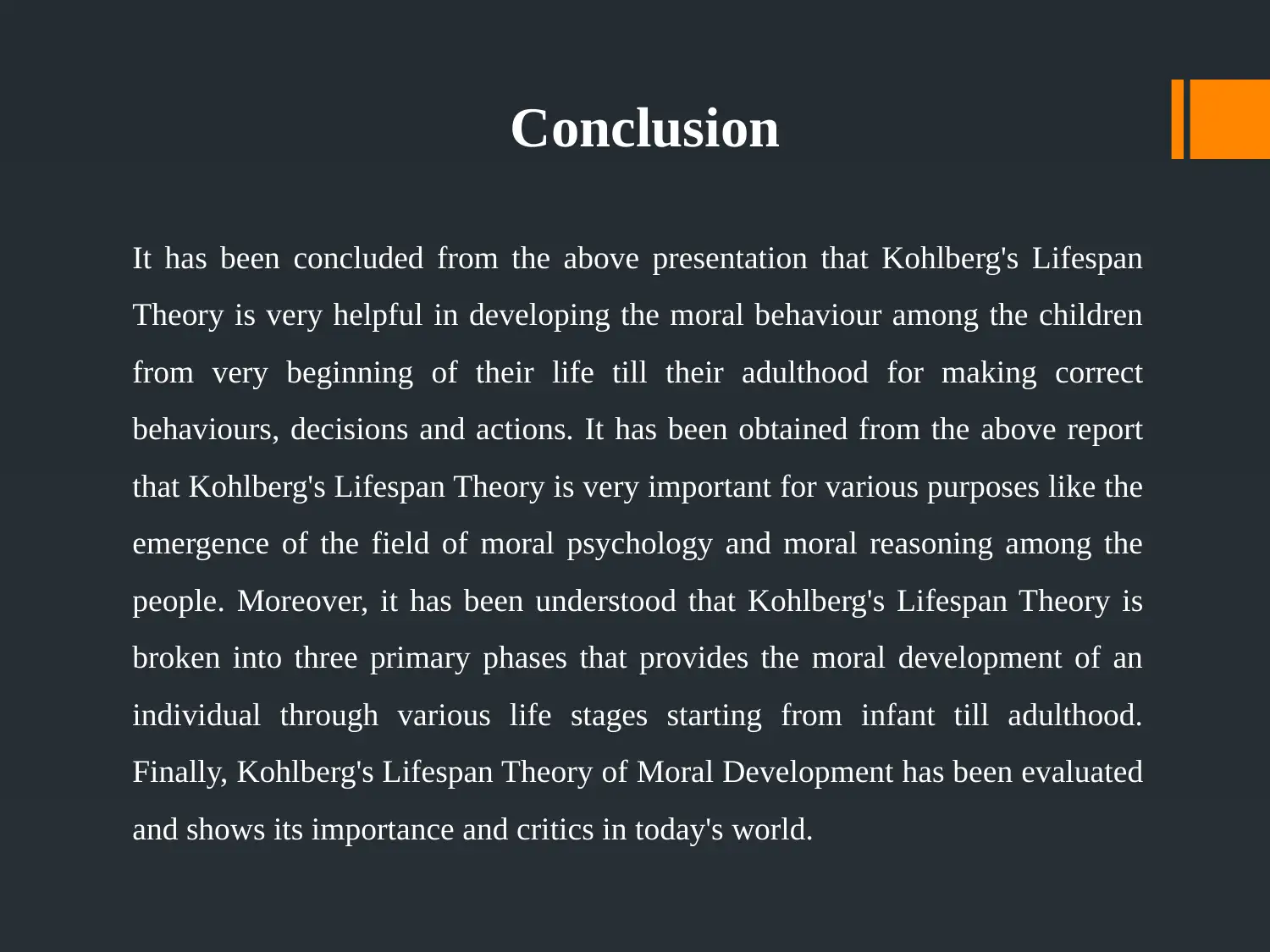
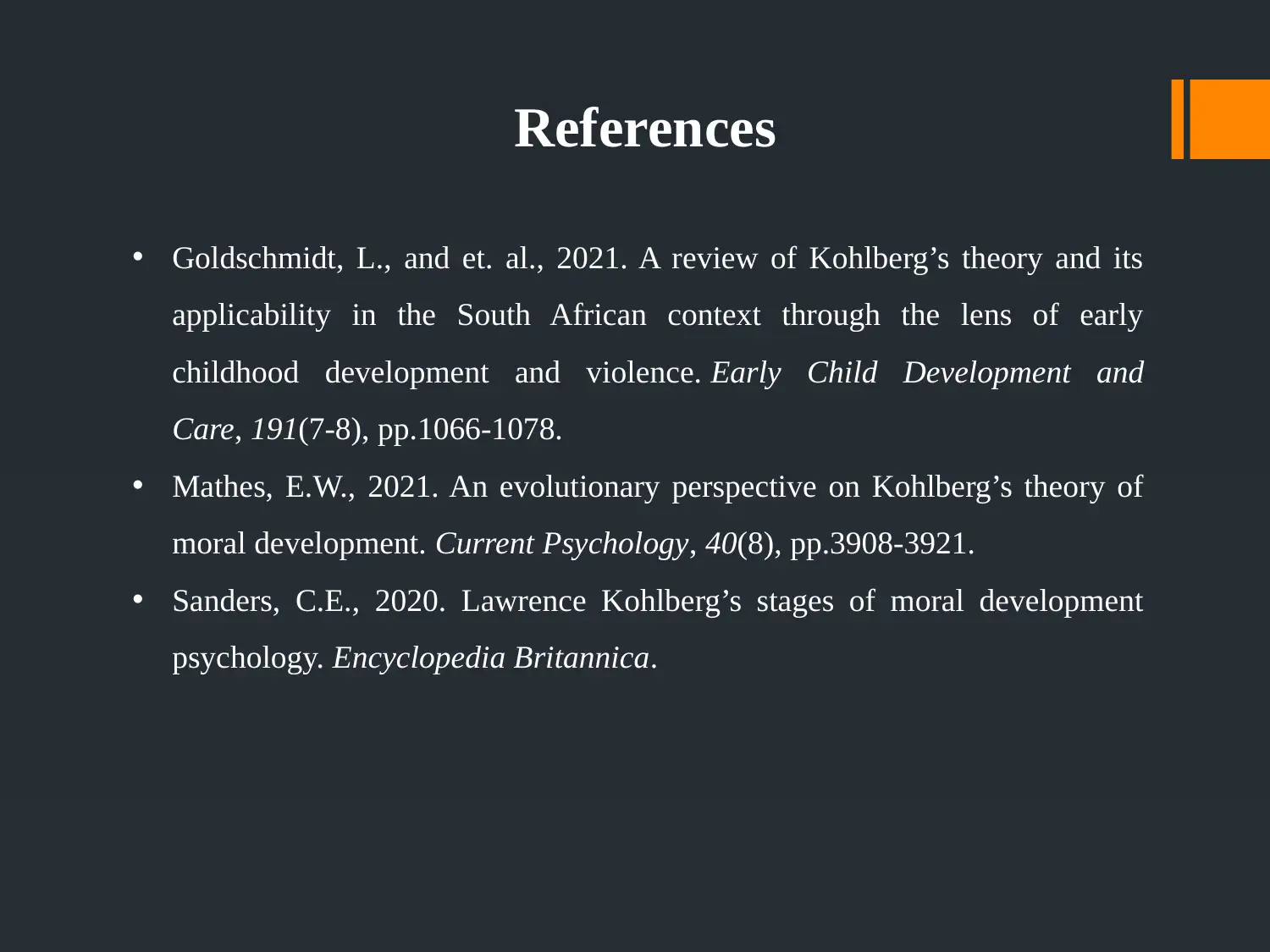






![[object Object]](/_next/static/media/star-bottom.7253800d.svg)